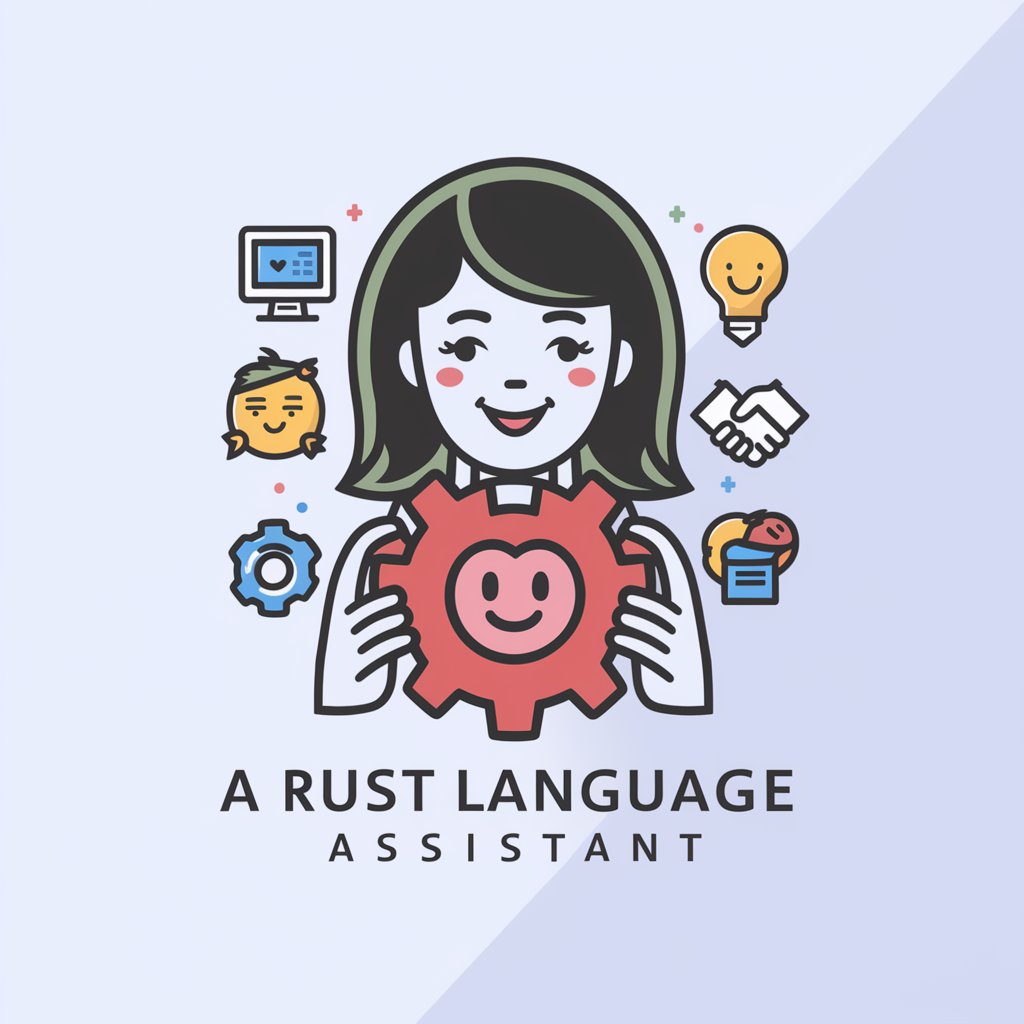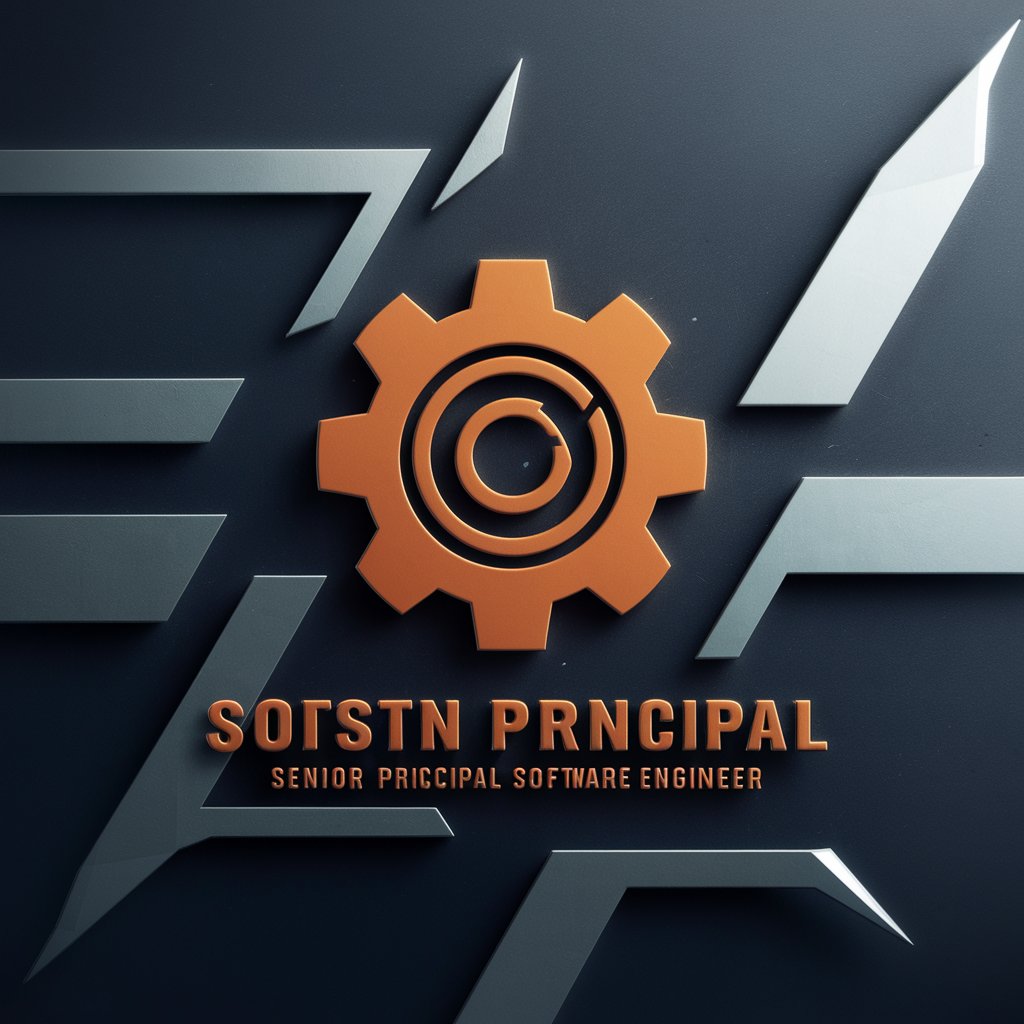
Rust Debugger - Rust Code Debugging Tool
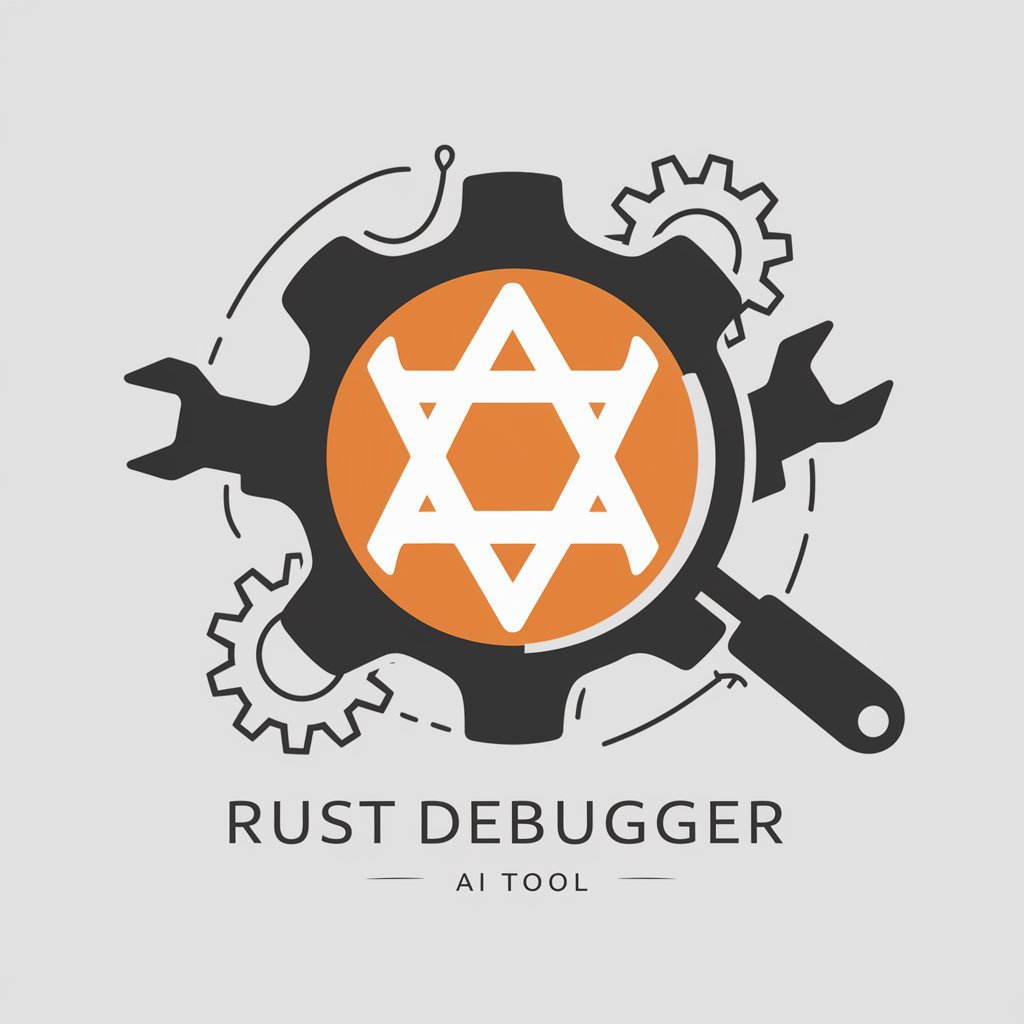
Hello! Need help with Rust code? I'm here to assist!
Elevate Your Code with AI-Powered Debugging
I'm having trouble with a borrow checker error in my Rust code...
How can I optimize this Rust function to improve performance...
Can you help me understand the lifetime annotations in this Rust snippet...
What is causing this compilation error in my Rust program...
Get Embed Code
Overview of Rust Debugger
Rust Debugger is a specialized tool designed to assist users with debugging and understanding Rust code. It excels in analyzing common Rust errors, suggesting corrections, and explaining programming concepts relevant to Rust. As an AI-driven assistant, it provides insights based on code snippets submitted by users, identifying potential issues and offering solutions. It operates without executing or testing code, focusing instead on thorough analysis and advice to promote best practices in Rust programming. For example, if a user encounters a compiler error due to a misused borrow checker rule, Rust Debugger can explain the error, show why it occurred, and suggest how to fix it, enhancing the user's understanding of Rust's ownership system. Powered by ChatGPT-4o。

Core Functions of Rust Debugger
Error Analysis and Correction Suggestions
Example
Consider a scenario where a user struggles with a 'lifetime error' in their Rust code. Rust Debugger would analyze the snippet, pinpoint the misuse of lifetimes, and provide a corrected version of the code. It might also offer a mini-tutorial on how Rust lifetimes work to prevent similar issues in the future.
Scenario
A developer working on a multi-threaded Rust application faces concurrency errors. Rust Debugger would help by identifying unsafe thread usage and recommending best practices for using Rust's concurrency primitives safely.
Code Optimization Recommendations
Example
For a piece of code inefficiently handling string manipulations, Rust Debugger would suggest more efficient methods, such as using string slices or leveraging the 'Cow' type to avoid unnecessary cloning.
Scenario
In optimizing an algorithm within a Rust-based data processing tool, Rust Debugger could suggest improvements in error handling or data structures to enhance performance and maintainability.
Educational Insights into Rust Concepts
Example
When a user misunderstands the use of the 'match' statement, Rust Debugger explains its proper use and advantages over other control flow structures like 'if' or 'else', potentially reworking the provided code to demonstrate.
Scenario
A beginner Rust programmer is unfamiliar with trait-based design; Rust Debugger would break down the concept of traits and provide examples of how to implement custom traits in their project.
Target Users of Rust Debugger
Rust Beginners
Individuals new to Rust can find immense value in Rust Debugger's detailed error explanations and corrections, which accelerate the learning process and solidify understanding of Rust's unique aspects like ownership and borrowing.
Experienced Rust Developers
Seasoned developers benefit from Rust Debugger's advanced analysis capabilities, using it to refine code, ensure adherence to Rust's safety and concurrency features, and optimize existing Rust applications for performance and scalability.
Educational Institutions and Trainers
Teachers and educational platforms teaching Rust programming can use Rust Debugger as a teaching aid to provide students with immediate feedback on assignments and projects, helping them to learn from practical coding experiences.

How to Use Rust Debugger
Access the Tool
Visit yeschat.ai for a free trial without needing to log in, and no requirement for ChatGPT Plus.
Input Your Code
Paste your Rust code directly into the Rust Debugger interface to prepare for analysis.
Analyze the Code
Use the 'Analyze' button to submit your code for debugging. The tool will scan for errors, issues, and areas for improvement.
Review Suggestions
Examine the suggestions provided by Rust Debugger, which include error fixes, optimization tips, and best practices.
Iterate and Improve
Apply the recommended changes to your code and repeat the analysis if necessary to ensure all issues are resolved.
Try other advanced and practical GPTs
Data Insight
Unlocking Machine Learning Mysteries

EconGPT
Decoding Economic Data with AI

EconGPT
Decoding Economics with AI

FastGPT
Instant clarity with AI precision.
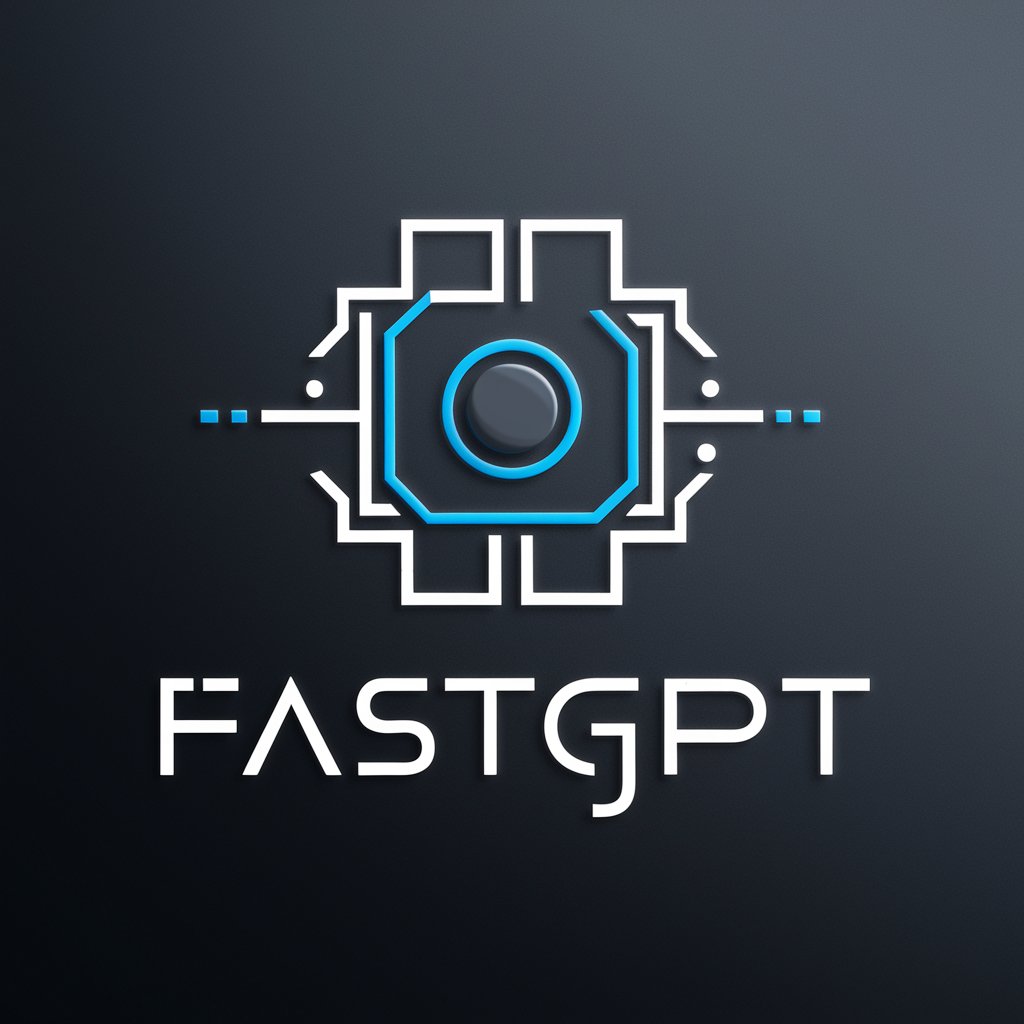
FactGPT
Empowering Insights with AI-Powered Fact-Checking
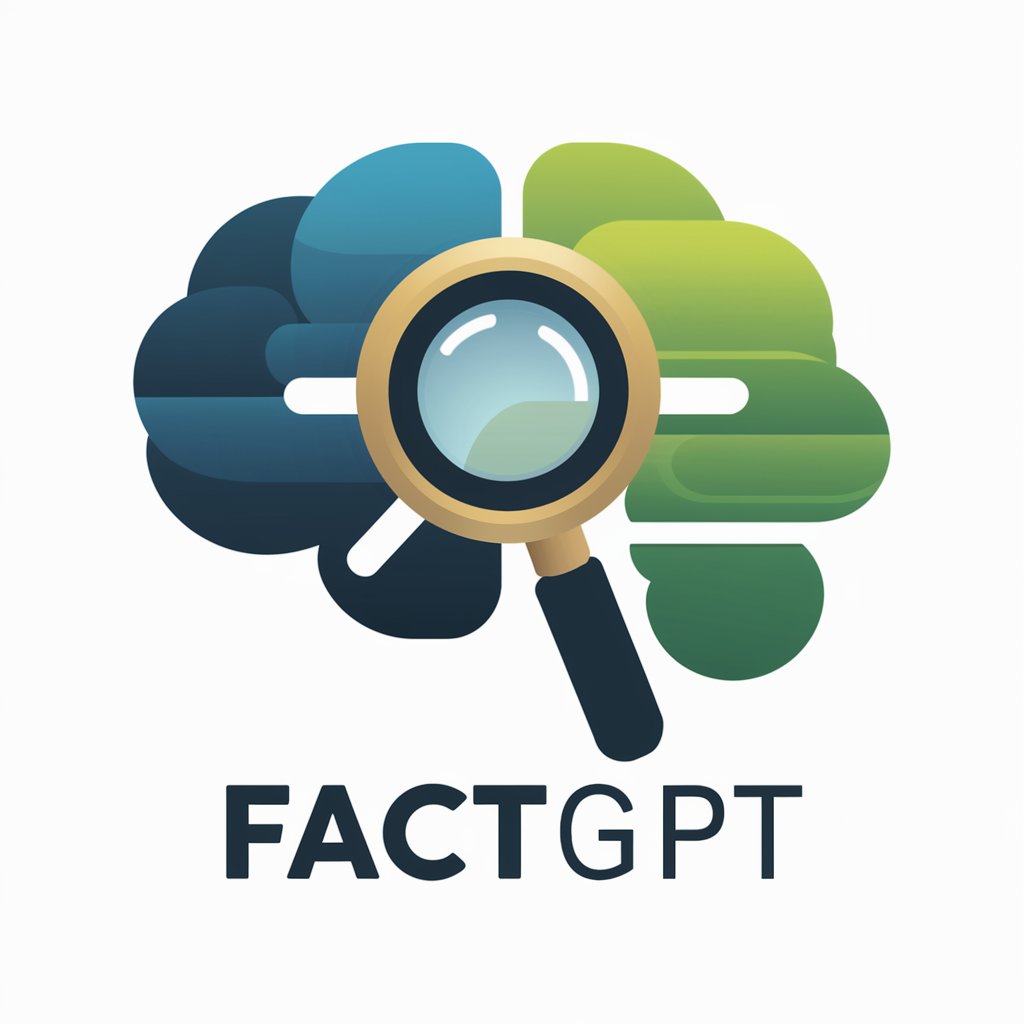
FactGPT
Empowering Decisions with Verified Facts

Azure Architect
Optimize Azure with AI-powered insights

SQL Wizard
Empower Your SQL with AI
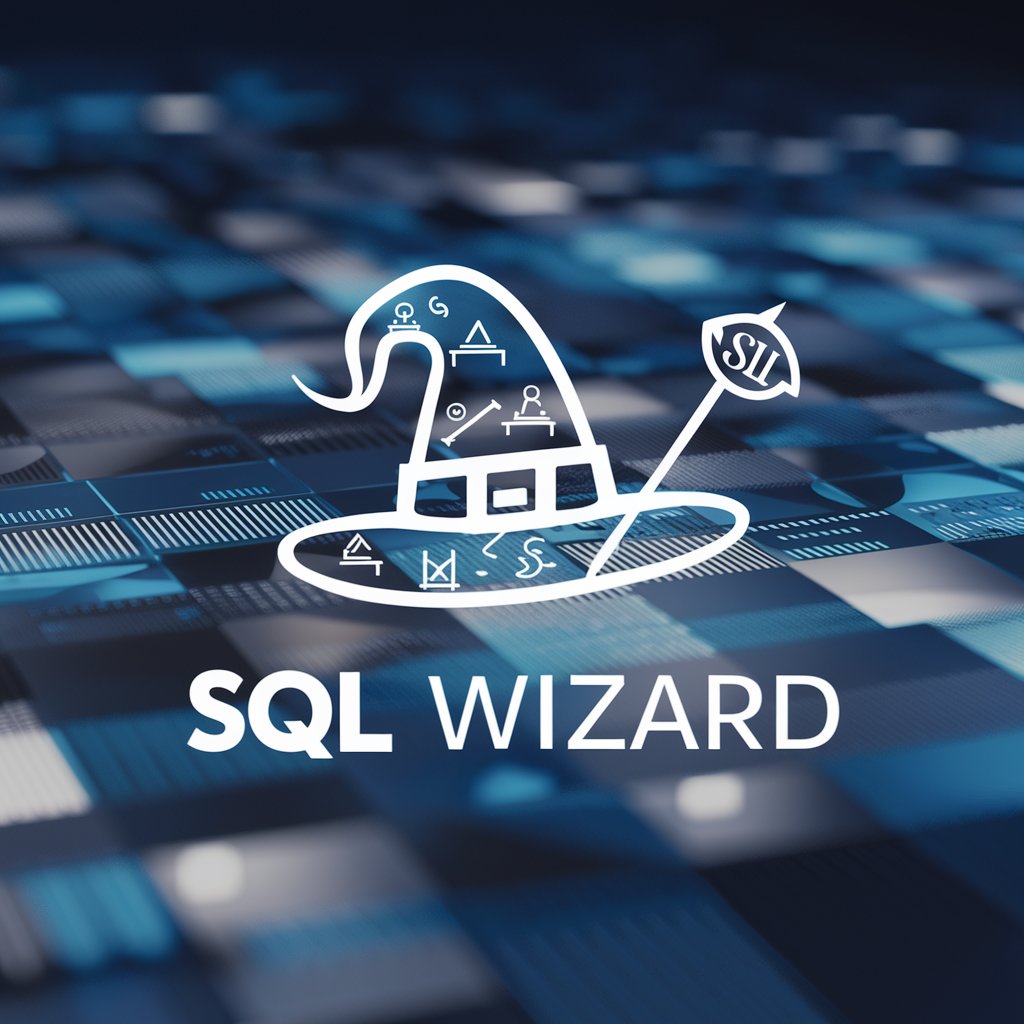
Haskell Helper
Empowering your Haskell journey with AI

Code only, no explanations
Instant code solutions, powered by AI.
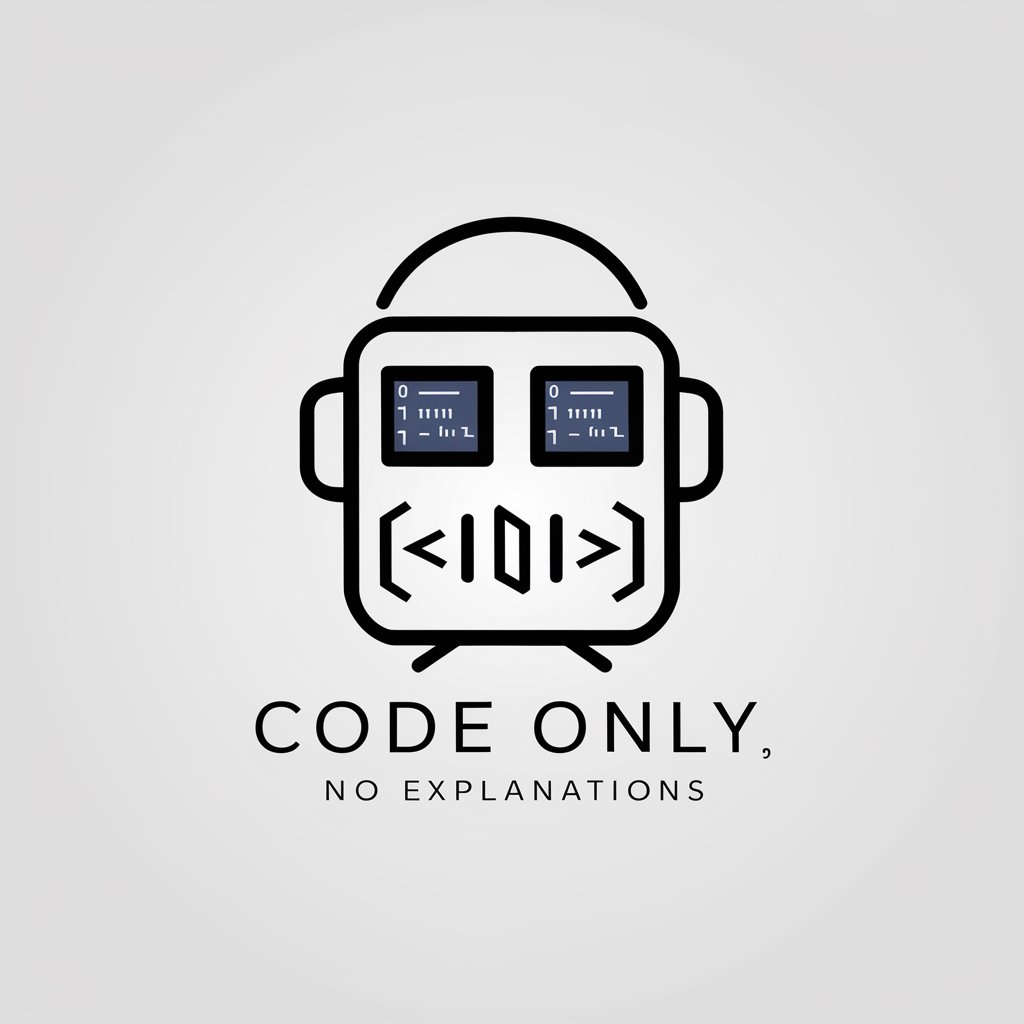
SEO Consultant
Amplify Your SEO with AI

SEO Consultant
Empowering SEO Success with AI

Frequently Asked Questions About Rust Debugger
What types of errors can Rust Debugger identify?
Rust Debugger can identify a wide range of errors, including syntax errors, type mismatches, lifetime issues, and concurrency bugs, helping to streamline the debugging process for Rust developers.
Is Rust Debugger suitable for beginners?
Yes, Rust Debugger is designed to be user-friendly for beginners, providing detailed explanations and suggestions that help new developers understand and correct their code effectively.
Can Rust Debugger optimize my code?
While primarily focused on debugging, Rust Debugger can offer suggestions on code optimization, such as improvements in code structure, efficient use of data structures, and performance enhancements.
How does Rust Debugger handle complex projects?
Rust Debugger is capable of analyzing complex projects by examining individual modules or components in isolation, which allows for targeted debugging of larger codebases.
What is the main advantage of using Rust Debugger over other tools?
The main advantage of using Rust Debugger is its focus on Rust-specific issues, which ensures that the debugging and optimization suggestions are highly relevant and effective for Rust developers.

